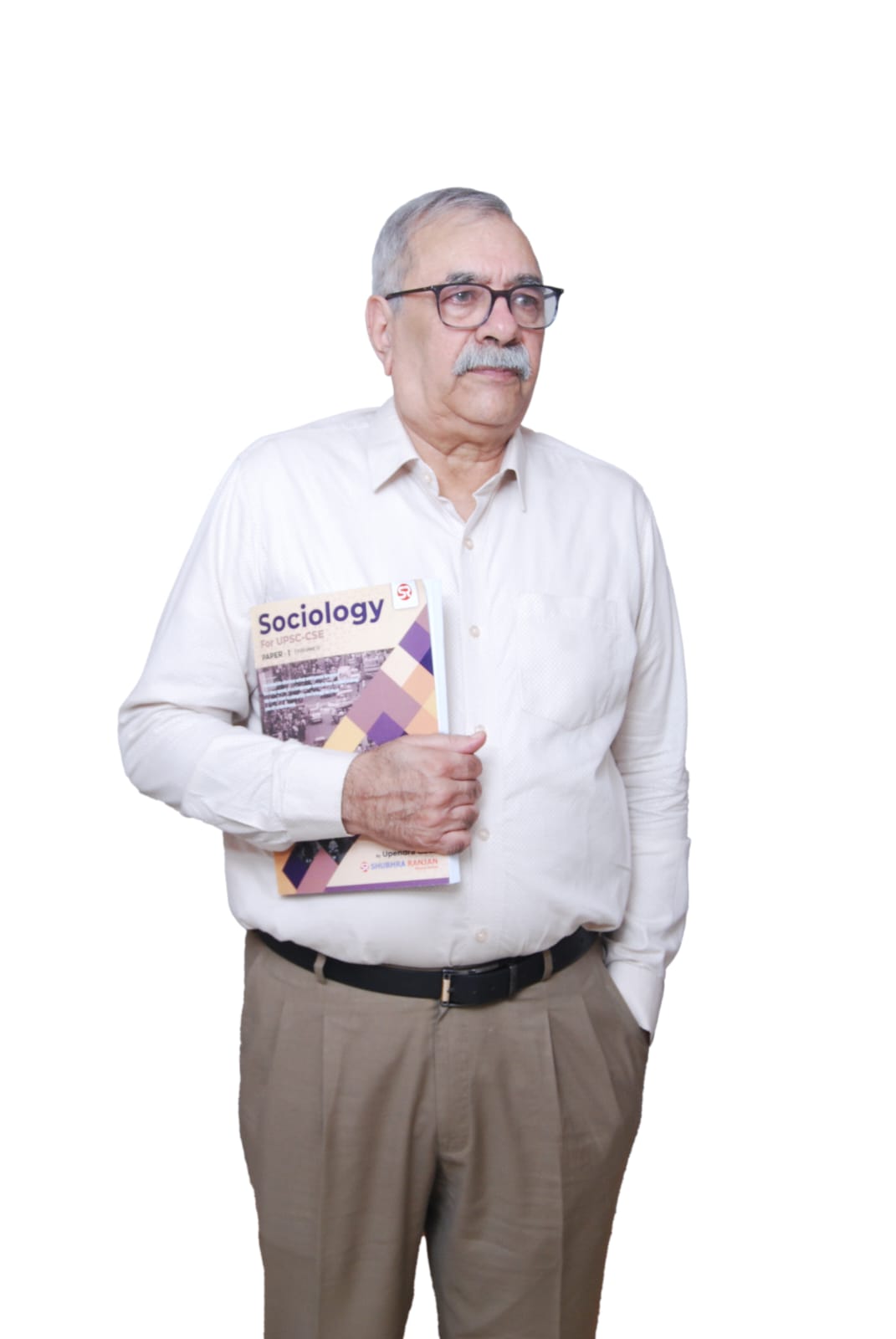Course Content
A. Introducing Indian Society:
1. Perspectives on the Study of Indian Society:
– Indology- G.S. Ghurye
– Structural Functionalism – M.N. Srinivas
– Marxist Sociology- A.R. Desai
2. Impact of Colonial Rule on Indian Society:
– Social background of Indian nationalism
– Modernization of Indian tradition
– Protests and movements during the colonial period
– Social reforms
B. Social Structure:
1. Rural and Agrarian Social Structure:
– The idea of the Indian village and village studies
– Agrarian social structure: evolution of the land tenure system, land reforms
2. Caste System:
– Perspectives on the study of caste systems: G.S. Ghurye, M.N. Srinivas, Louis Dumont, Andre Beteille
– Features of the caste system
– Untouchability: forms and perspectives
3. Tribal Communities in India:
– Definitional problems
– Geographical spread
– Colonial policies and tribes
– Issues of integration and autonomy
4. Social Classes in India:
– Agrarian class structure
– Industrial class structure
– Middle classes in India
5. Systems of Kinship in India:
– Lineage and descent in India
– Types of kinship systems
– Family and marriage in India
– Household dimensions of the family
– Patriarchy, entitlements, and sexual division of labor
6. Religion and Society:
– Religious communities in India
– Problems of religious minorities
C. Social Changes in India:
1. Visions of Social Change in India:
– Idea of development planning and mixed economy
– Constitution, law, and social change
– Education and social change
2. Rural and Agrarian Transformation in India:
– Programs of rural development, Community Development Program, cooperatives, poverty alleviation schemes
– Green revolution and social change
– Changing modes of production in Indian agriculture
– Problems of rural labor, bondage, migration
3. Industrialization and Urbanization in India:
– Evolution of modern industry in India
– Growth of urban settlements in India
– Working class: structure, growth, class mobilization
– Informal sector, child labor
– Slums and deprivation in urban areas
4. Politics and Society:
– Nation, democracy, and citizenship
– Political parties, pressure groups, social and political elite
– Regionalism and decentralization of power
– Secularization
5. Social Movements in Modern India:
– Peasants and farmers’ movements
– Women’s movement
– Backward classes & Dalit movement
– Environmental movements
– Ethnicity and Identity movements
6. Population Dynamics:
– Population size, growth, composition, and distribution
– Components of population growth: birth, death, migration
– Population policy and family planning
– Emerging issues: aging, sex ratios, child and infant mortality, reproductive health
7. Challenges of Social Transformation:
– Crisis of development: displacement, environmental problems, and sustainability
– Poverty, deprivation, and inequalities
– Violence against women
– Caste conflicts
– Ethnic conflicts, communalism, religious revivalism
– Illiteracy and disparities in education

Reach out for Guidance and Mentorship
“Ready to take your preparation to the next level? Contact Upendra Gaur Sir for personalized guidance”
